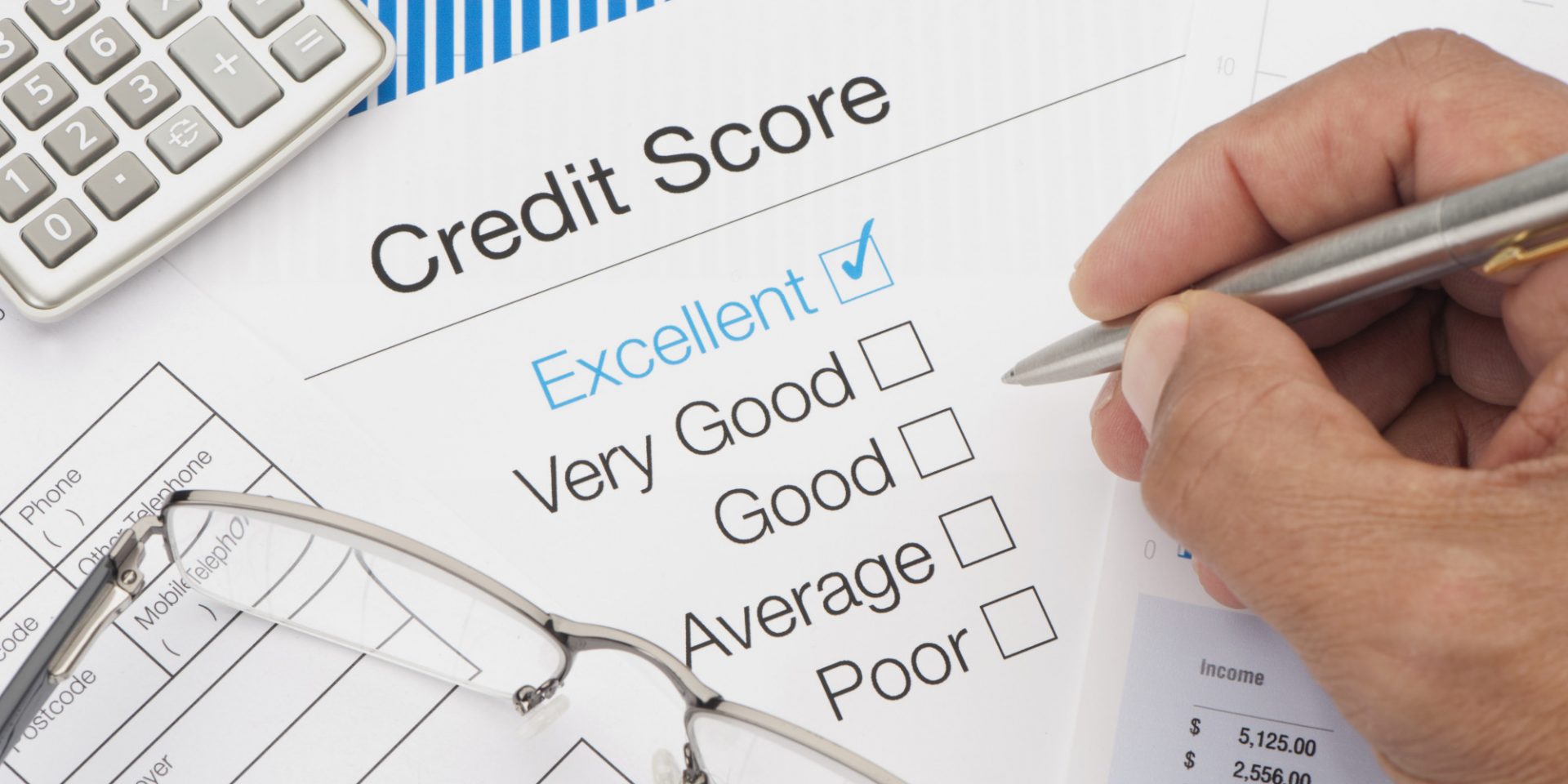The Kenya Revenue Authority (KRA) has missed its target by Ksh50 billion collecting Ksh1.365 trillion in the 2016/2017 financial year compared to the target of Ksh1.415 trillion.
The Authority, however, increased its revenue collection by 13.8 percent compared to the previous year where it collected Ksh1.210 trillion.
The increase was attributable to growth in the consumption taxes (VAT) that had a 21.5 percent growth attributed to enhanced compliance measures.
Corporation tax also went up by 18.2 percent while Domestic Excise tax went up by 13.3 percent.
Pay As You Earn (PAYE) recorded depressed growth of 7.9 percent compared to the previous four-year average of 12.5 percent attributed to expanded tax relief granted in January 2017 through the widening of tax bands as well as wage and employment freezes in the public sector and layoffs in key private sectors including the banking sector.
Customs recorded strong growth at 14.9 percent compared to a four-year average of 14.7 percent, attributed largely to tighter enforcement measures through among others, benchmarking of cargo values to address undervaluation, greater use of scanners, and, stricter application of cargo auction processes.
“Customs performance, however, continued to be adversely impacted by sluggish import growth with container volumes in FY2016/17 growing by 6.4 percent in comparison with FY2015/16. The reduced import statistics are an East Africa wide phenomenon, with all EAC revenue authorities reporting sluggish Customs performance for 2016/17,” KRA Commissioner General John Njiraini.
He says tax Performance for FY 2016/17 conveys optimism for fiscal stabilisation and potentially for future business prospects, given the robust performance in many tax areas.
KRA is working on an Integrated Customs Management System which is geared towards replacing the Simba System and is presently under roll out with its application already under way for Air Cargo.
The full roll out for Sea Cargo will be done by July 31st, 2017.
Moreover, the Authority has also awarded the contract for the implementation of the Integrated Scanner Management Solution and work is set to commence in August with completion timed for December 2017.
- Over two million Kenyans face heavy tax return penalties
- KRA unveils plan to raise Ksh5.2 trillion in 3 years
This initiative aims to interconnect all cargo scanners to a Central Command and Control Centre, from where enforcement decisions will be coordinated.
“We remain committed to making the taxpaying experience better for everyone who seeks to interact with us through provision of a courteous and professional service. This we shall do through continuing investment in modern technology to support enhanced efficiency and the re-training of our staff towards customer consciousness,” he affirmed.
Kenya’s Tax-to-GDP ratio currently stands at 19.3 percent, which is the 2nd highest in non-oil economies within Africa, and the highest within the EAC where the average stands at 14.8 percent. (capitalfm.co.ke)



















































![Pula Co-Founders and Co-CEOs, Rose Goslinga & Thomas Njeru. Pula provides agricultural insurance and digital products to help smallholder farmers manage climate risks, improve farming practices and increase their incomes. [ Photo / Courtesy ]](https://businesstoday.co.ke/wp-content/uploads/2021/01/Pula-Co-Founders-and-Co-CEOs-Thomas-Njeru-Rose-Goslinga.jpg)



























































Leave a comment